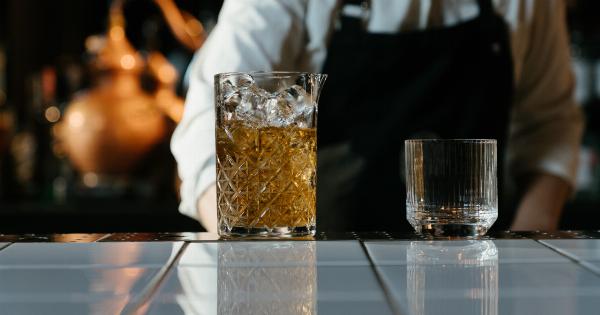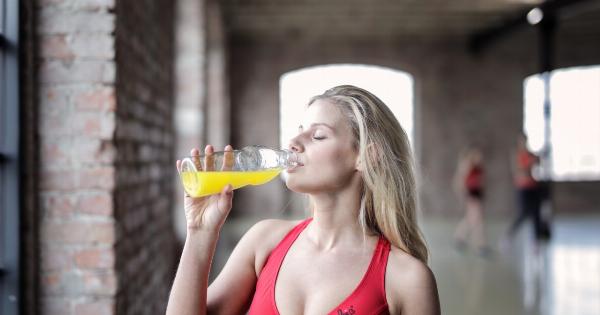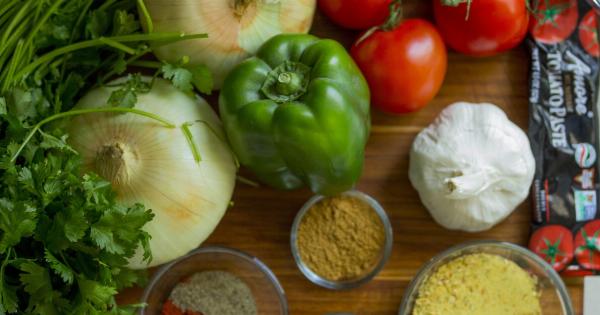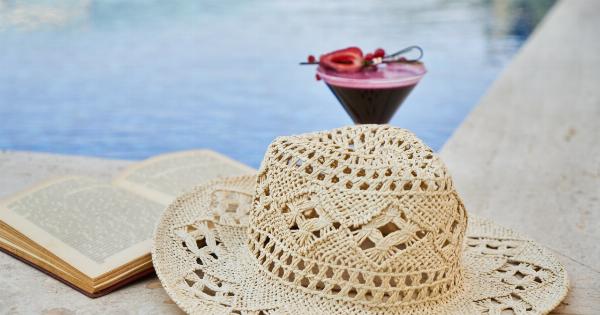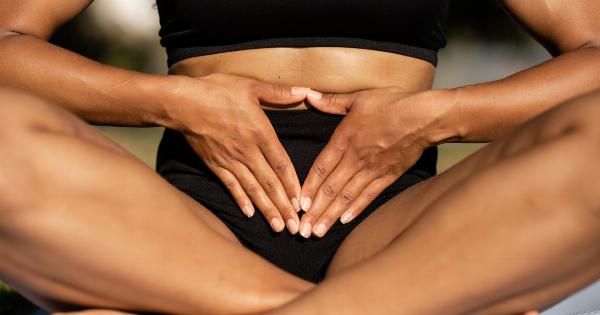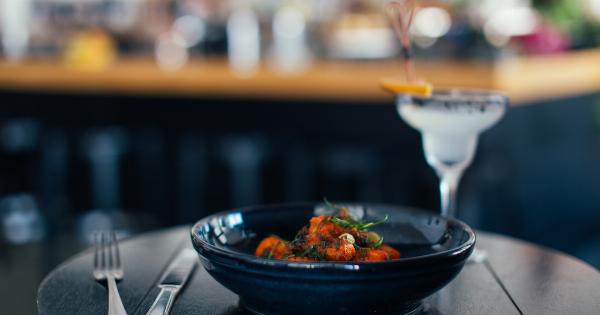Waking up with a throbbing headache, a queasy stomach, and a feeling of regret after a night out is a familiar feeling. Hangovers are a common occurrence, but there are a lot of myths and misunderstandings about what causes them and how to cure them.
In this article, we will explore the truths and myths of the hangover.
Myth #1: Mixing drinks causes a worse hangover
Many people believe that mixing drinks causes a worse hangover than sticking to one type of alcohol. However, this is a myth. It is not the mixing of drinks that leads to a hangover, but rather the amount of alcohol consumed.
The more alcohol you drink, the more likely you are to experience a hangover.
Myth #2: Drinking water before bed will prevent a hangover
While it is a good idea to drink water before bed to stay hydrated, it will not necessarily prevent a hangover. Hangovers are caused by a combination of dehydration and the toxins that are produced when your liver metabolizes alcohol.
Drinking water before bed can help you stay hydrated and may make your hangover less severe, but it will not prevent it entirely.
Myth #3: Eating a big meal before drinking will prevent a hangover
Eating a big meal before drinking may slow down the absorption of alcohol, but it will not prevent a hangover. Alcohol is metabolized in the liver, and the rate of metabolism is determined by several factors, including body weight, gender, and genetics.
Eating a big meal may also lead to indigestion and other digestive disturbances that can make a hangover worse.
Myth #4: Drinking coffee will cure a hangover
Drinking coffee may help you feel more alert, but it will not cure a hangover. In fact, caffeine is a diuretic, which means it can cause further dehydration and make a hangover worse.
Instead of drinking coffee, it is best to stick with water and other non-caffeinated beverages to help rehydrate your body.
Myth #5: Taking painkillers before bed will prevent a hangover
Taking painkillers before bed may help alleviate the symptoms of a hangover, but it will not prevent it. Painkillers can be hard on your liver, and taking them with alcohol can cause liver damage.
It is best to avoid taking painkillers unless absolutely necessary, and only under the guidance of a physician.
Truth #1: Dehydration is a major cause of hangovers
One of the biggest factors that contribute to hangovers is dehydration. Alcohol is a diuretic, which means it increases urine production and leads to dehydration.
Dehydration can cause headaches, fatigue, and muscle weakness, all of which are common symptoms of a hangover. To prevent or alleviate a hangover, it is important to drink plenty of water and other non-alcoholic beverages to stay hydrated.
Truth #2: Drinking in moderation can reduce the likelihood of a hangover
The best way to prevent a hangover is to drink in moderation. The amount of alcohol that causes a hangover varies from person to person, but generally, the more you drink, the worse your hangover will be.
Drinking slowly and alternating alcoholic drinks with water is a good way to moderate your alcohol intake and reduce the likelihood of a hangover.
Truth #3: Hangovers can last for up to 24 hours
Hangovers can last for up to 24 hours, depending on the severity of the alcohol consumption and individual factors such as age, weight, and overall health. During this time, it is important to rest, stay hydrated, and avoid alcohol altogether.
Truth #4: Drinking on an empty stomach can make a hangover worse
Drinking on an empty stomach can make a hangover worse, as it increases the rate of alcohol absorption and can lead to more severe symptoms.
Eating a balanced meal before drinking can help slow down alcohol absorption and reduce the severity of a hangover.
Truth #5: The only surefire cure for a hangover is time and rest
While there are many remedies that claim to cure a hangover, the only surefire cure is time and rest.
Your body needs time to recover from the effects of alcohol, and the best thing you can do is to rest, stay hydrated, and avoid alcohol until you feel better.


